Publications
Articles, publications, books, tools and multimedia features from the U.S. Institute of Peace provide the latest news, analysis, research findings, practitioner guides and reports, all related to the conflict zones and issues that are at the center of the Institute’s work to prevent and reduce violent conflict.
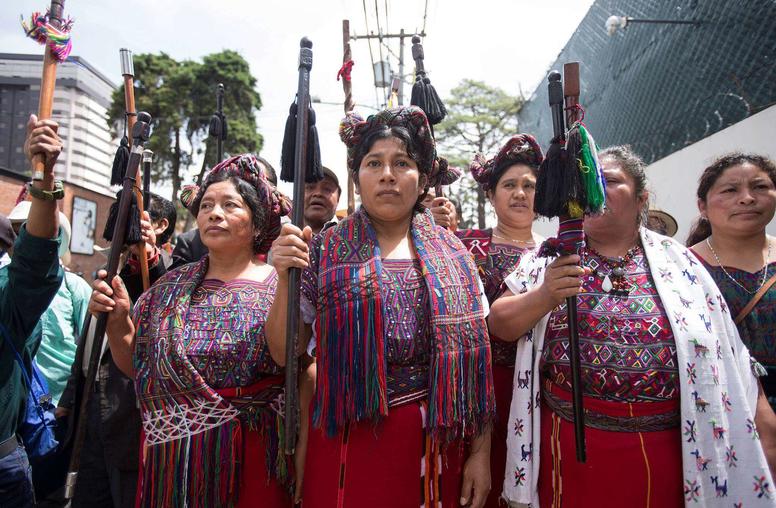
Curbing Corruption after Conflict: Anticorruption Mobilization in Guatemala
This report analyzes the fight against corruption in Guatemala by social movements over the past five years, homing in on their major successes and challenges in working to advance transparency, accountability, and good governance. The lessons drawn from these efforts can be applicable for other movements around the world operating in similar contexts. The work also has a larger bearing for international actors helping states build peace and democratic governance following prolonged violent conflict.
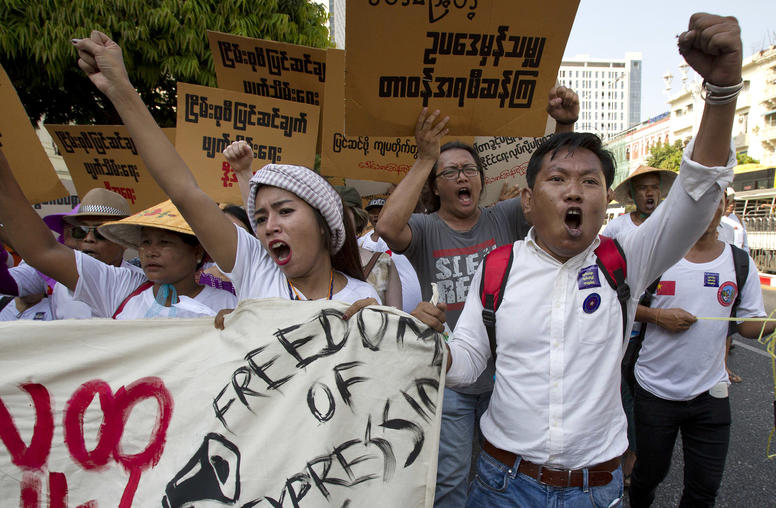
Nonviolent Action in Myanmar: Challenges and Lessons for Civil Society and Donors
The National League for Democracy’s decisive victory in Myanmar’s 2015 elections inspired hopes of a full transition from military rule and an opening of civil space. Neither has materialized, and the groups working to advance social, political, and economic change in Myanmar continue to face significant challenges. Focusing on three cases of organized nonviolent action in Kachin, Mandalay, and Yangon, this report explores the divide that has opened between civil society and the NLD government and the rifts emerging within civil society itself.
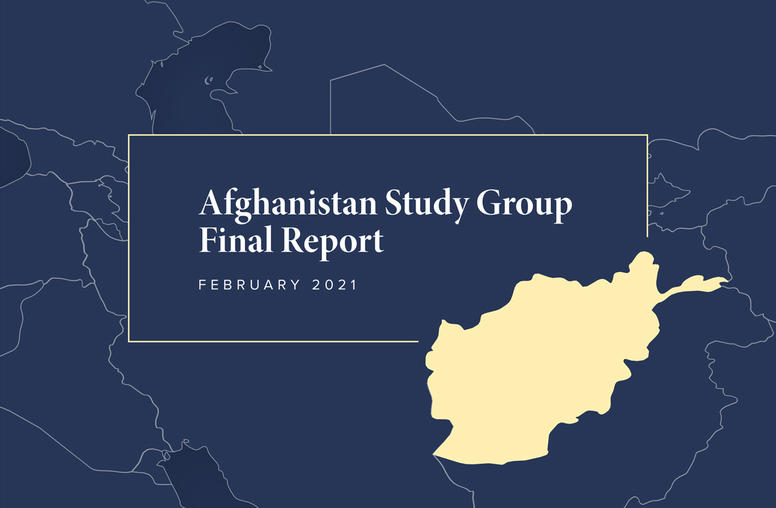
Afghanistan Study Group Final Report: A Pathway for Peace in Afghanistan
In December 2019, Congress established the Afghanistan Study Group and tasked it with identifying policy recommendations that “consider the implications of a peace settlement, or the failure to reach a settlement, on U.S. policy, resources, and commitments in Afghanistan.” The Study Group’s report, released on February 3, 2021, concluded that there is a real opportunity to align U.S. policies, actions, and messaging behind achieving a durable peace settlement to end four decades of violent conflict in Afghanistan. This new approach would...
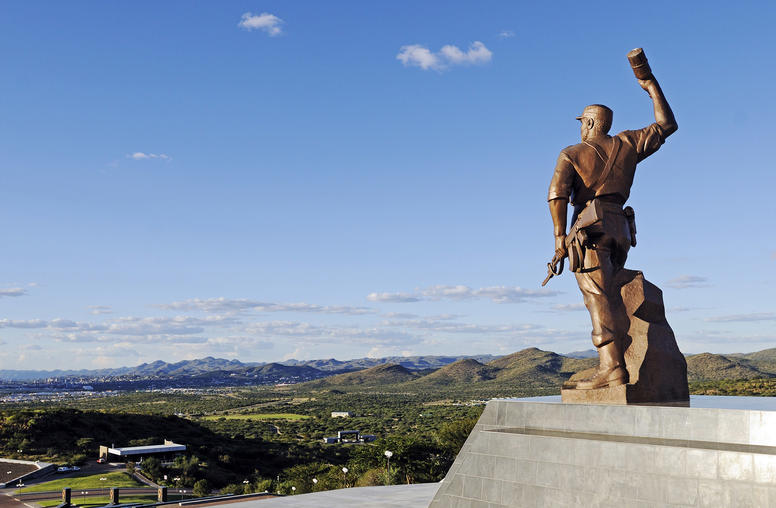
North Korea in Africa: Historical Solidarity, China’s Role, and Sanctions Evasion
North Korea serves as a mutually beneficial partner for many African governments. Although these ties are often viewed solely through the lens of economic and security interests, this report shows Pyongyang's deep historical connections and ideological linkages with several of the continent’s nations. North Korea–Africa relations are also bolstered by China, which has been complicit in North Korea’s arms and ivory trade, activities providing funds that likely support the Kim regime’s nuclear ambitions and allow it to withstand international sanctions.
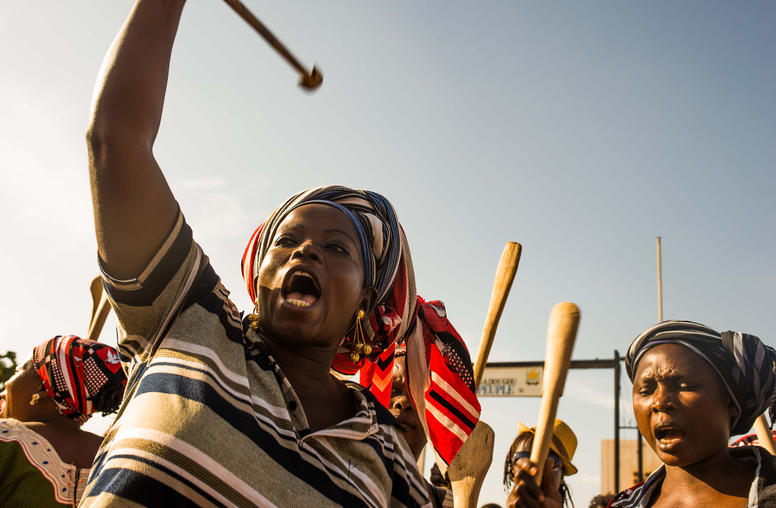
Mobilization, Negotiation, and Transition in Burkina Faso
In October 2014, a massive popular uprising unseated Burkina Faso’s long-time president, Blaise Compaoré, and drove a civilian-led transition that culminated in free and fair elections in November 2015. This report shows the importance of the national culture of dialogue and consensus and the benefit of a vast, resilient network across negotiating groups. Although violence in the country has since increased, lessons from Burkina Faso’s transition can inform the dynamics of popular mobilization, negotiations, and prospects for long-term peace and democracy in other settings.
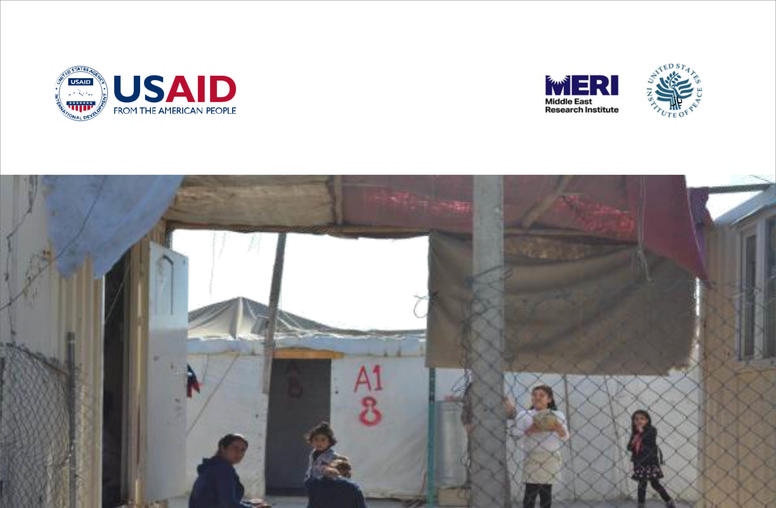
Ninewa Plains and Western Ninewa: Barriers to Return And Community Resilience (Arabic)
This report is a meta-analysis of the vast literature on Ninewa IDPs and the barriers to their return. It covers important analytical and contextual gaps with firsthand research to inform and enhance stakeholder policies.
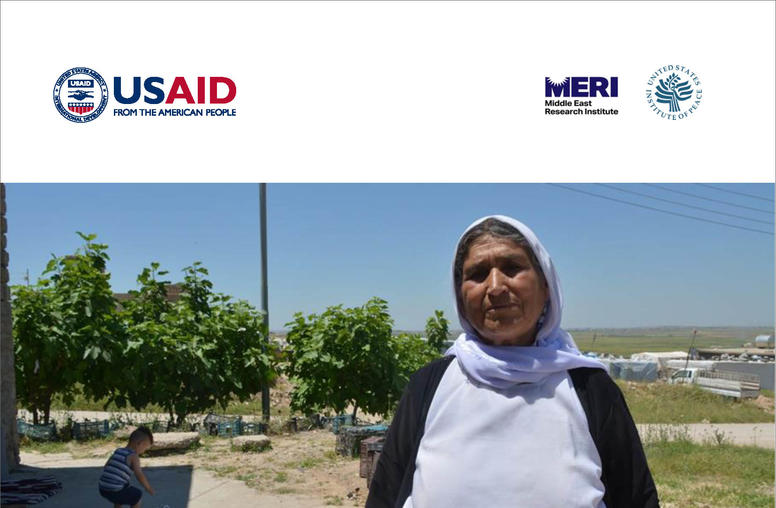
Ninewa Plains and Western Ninewa: Sustainable Returns and Stabilization Efforts (Arabic)
The aim of this report is to map previous and current initiatives undertaken by local, provincial and national governments, civil society organizations, international NGOs and other actors to address barriers to stabilization and the return of displaced persons from Ninewa governorate, particularly Ninewa Plains and Western Ninewa. The report also identifies shortcomings, failures and gaps that constrain return processes and long-term stabilization.
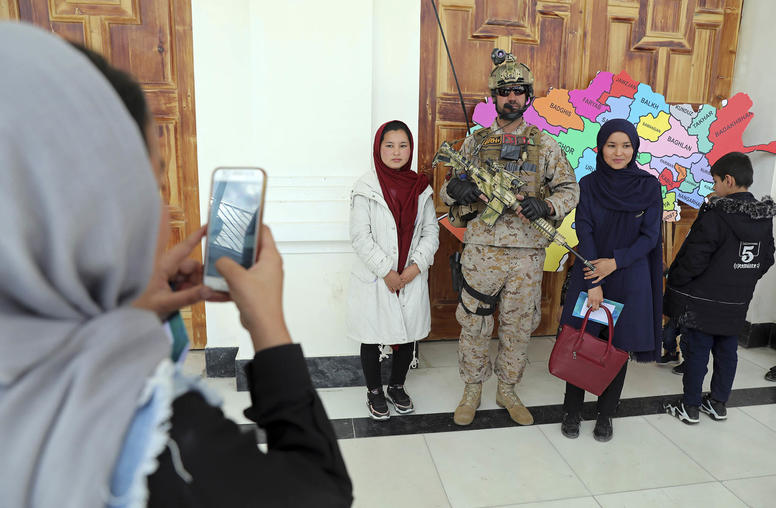
“No Going Backward”: Afghanistan’s Post–Peace Accord Security Sector
Failure to plan realistically for needed changes in Afghanistan’s security sector following a peace settlement—and failure to start phasing in changes now—will lead to post-settlement instability. This report examines the particular challenges Afghanistan will face, with examples from the climate following peace settlements in other parts of the world offering insight into what may occur and possibilities for response.
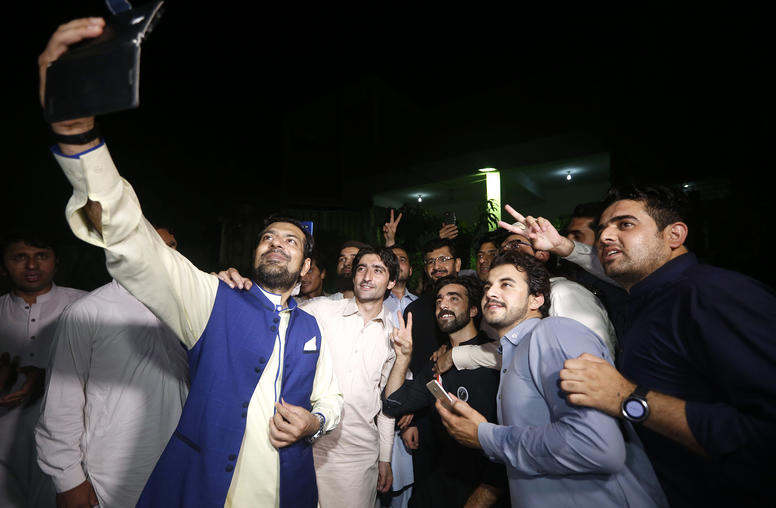
Extending Constitutional Rights to Pakistan’s Tribal Areas
When Pakistan’s Federally Administered Tribal Areas were officially merged into Khyber Pakhtunkhwa Province in May 2018, the five million residents of the former tribal areas acquired the same constitutional rights and protections—including access to a formal judicial system—as Pakistan’s other citizens. This report, based on field research carried out by the authors, explores the status of the formal justice system’s expansion, finding both positive trends and severe administrative and capacity challenges, and offers recommendations to address these issues.
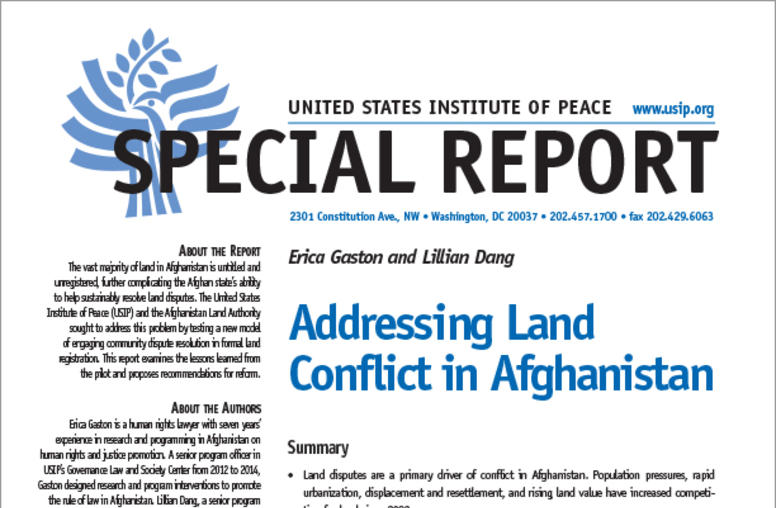
Addressing Land Conflict in Afghanistan
Disputes over land in Afghanistan have become one of the key drivers of conflict and criminal violence. Both formal and informal mechanisms for land dispute resolution are weak. The legal framework fails to recognize the reality of informal or customary ownership arrangements. The current land law, revised in 2008, is a fraught one—to establish ownership a person must already have formal documents proving ownership, and if ownership by an individual cannot be proved, title defaults to the sta...